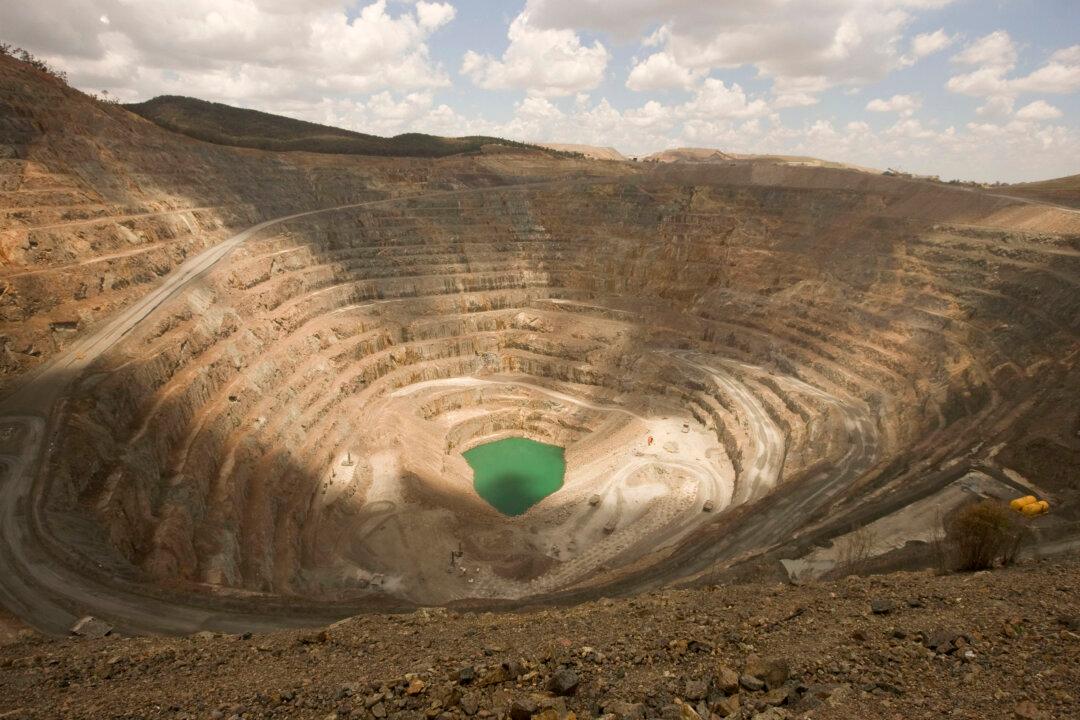Australia’s mining sector contributed $42.5 billion (US$28.3 billion) in company tax and a decade-high $31.5 billion in royalties for the 2022-23 fiscal year, according to Ernst and Young’s report, commissioned by the Minerals Council of Australia.
The mining lobby group said that the report shows the impact of the mining sector in propelling the Australian economy forward.




